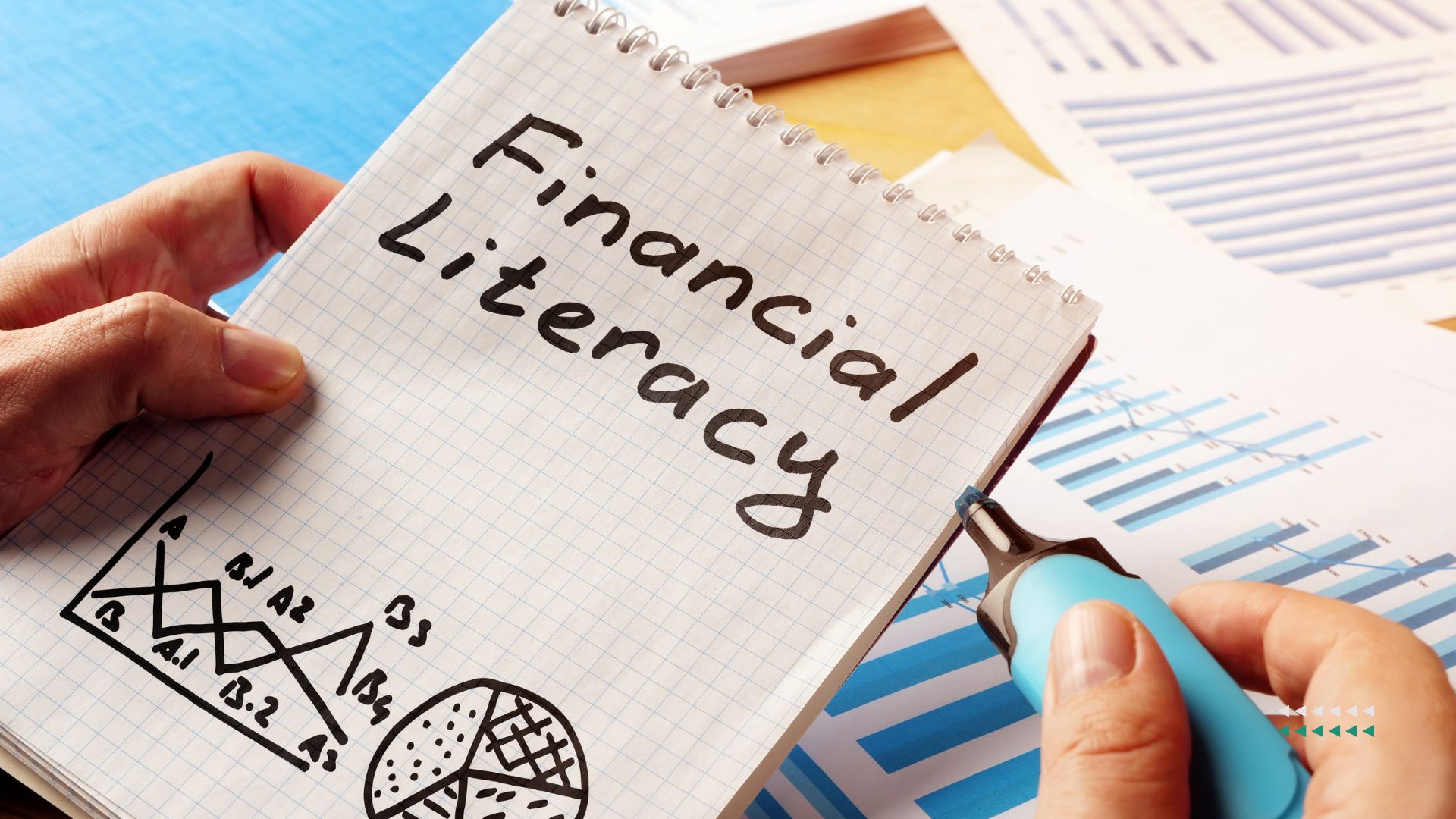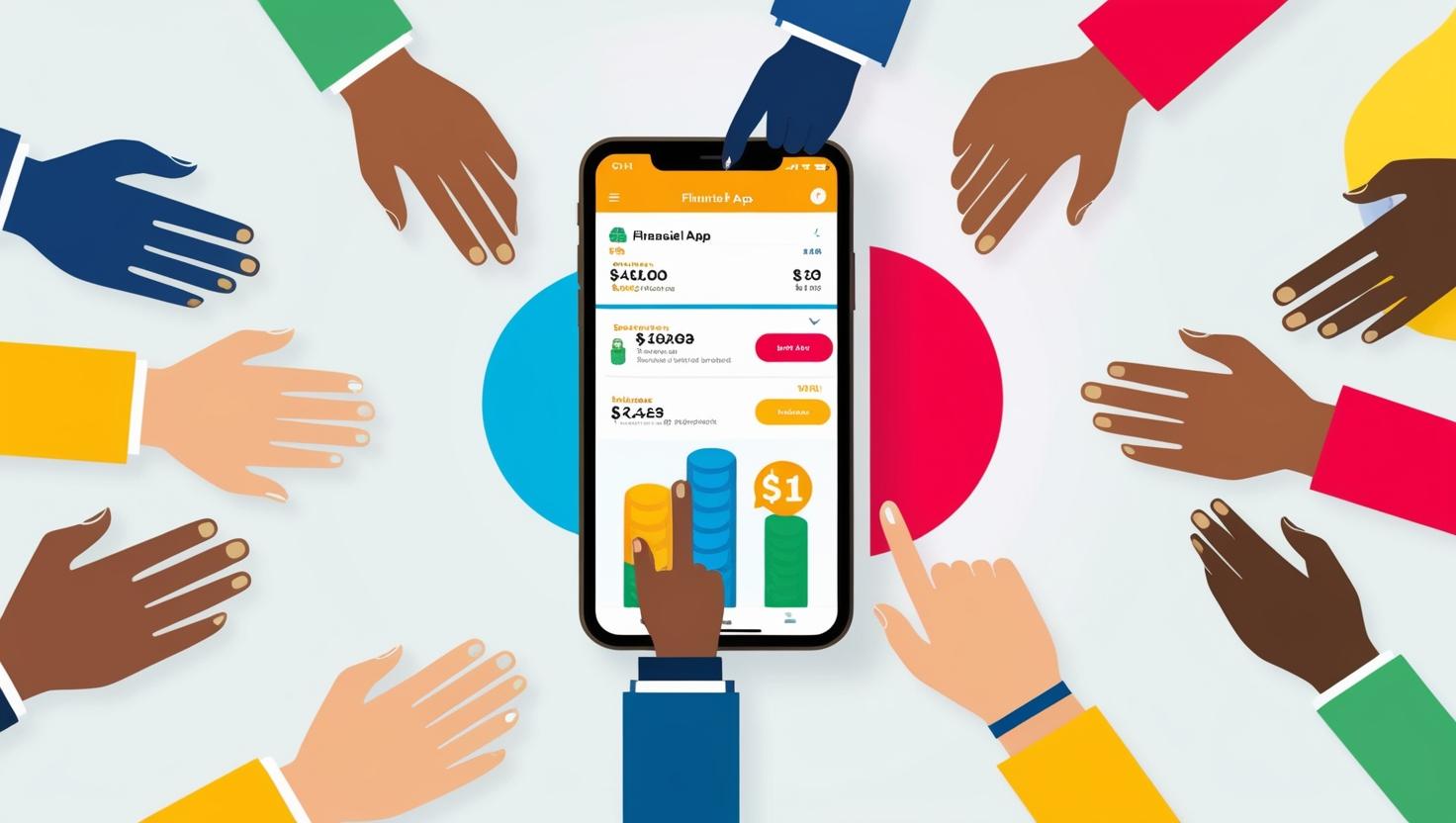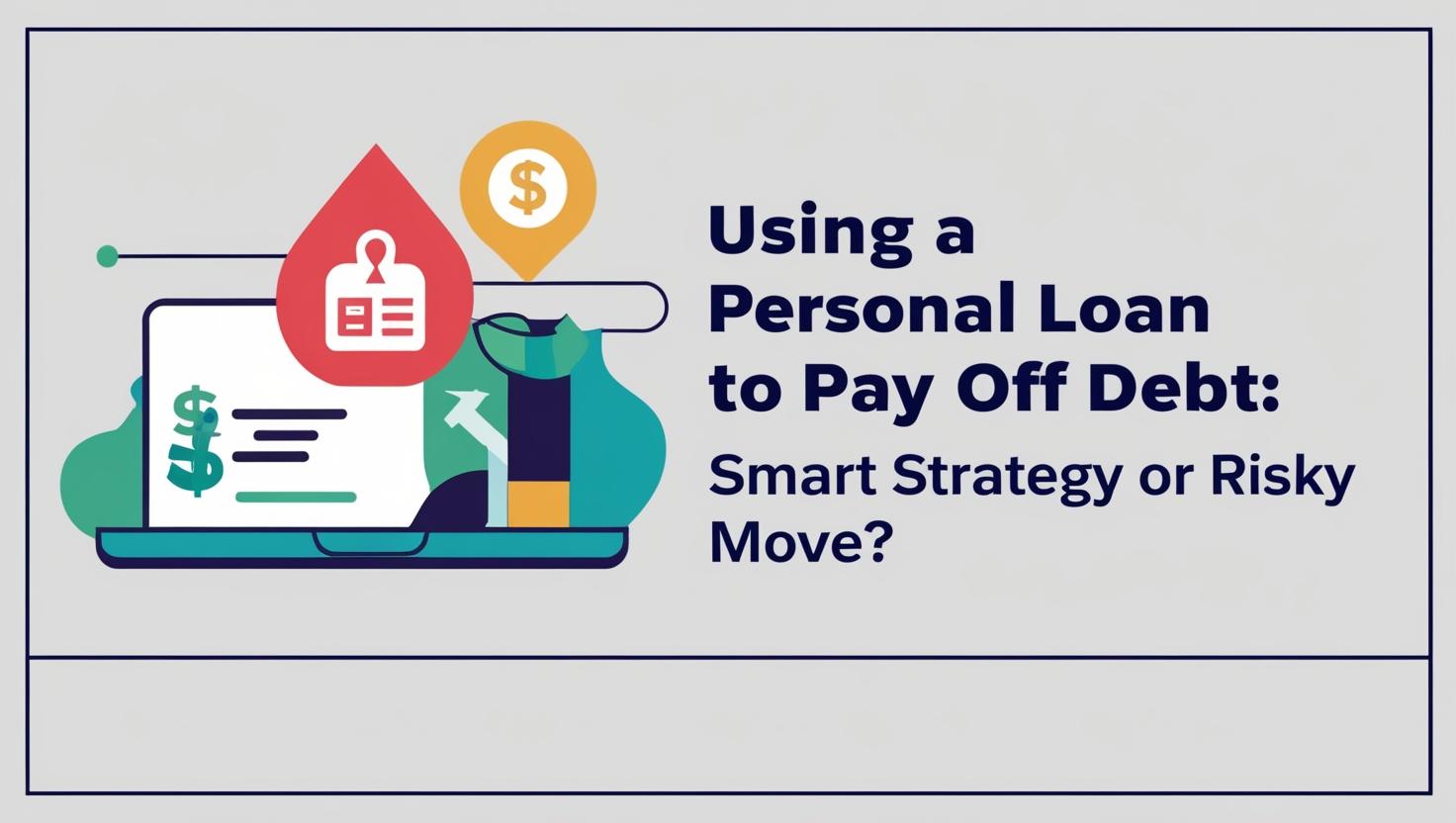Let’s face it—money plays a significant role in our lives. Whether we like it or not, our financial decisions shape our future. Yet, so many of us were never taught how to manage money properly. That’s where financial literacy comes in. It’s not just about crunching numbers; it’s about understanding how money works and making it work for you.
What is Financial Literacy?
At its core, financial literacy is the ability to understand and manage your personal finances. It means knowing how to budget, save, invest, and handle debt. But it’s also about having the confidence to make informed financial decisions, whether it’s choosing the right mortgage, planning for retirement, or deciding if you really need that third streaming subscription.
Why Financial Literacy Matters
Here’s the truth: Life is expensive, and it’s easy to fall into financial traps if you’re not prepared. Without financial literacy, you might:
- Live paycheck to paycheck.
- Accumulate unnecessary debt.
- Miss out on opportunities to grow your wealth.
On the flip side, understanding your finances can give you:
- Peace of mind: No more stressing about unexpected expenses.
- Freedom: The ability to pursue your dreams without financial constraints.
- Security: Confidence that your future is financially sound.
The Basics of Financial Literacy
1. Budgeting: The Foundation of Financial Success
A budget is your financial roadmap. It tells your money where to go instead of wondering where it went. Start by:
- Tracking your income and expenses.
- Categorizing spending into needs, wants, and savings.
- Adjusting as necessary to avoid overspending.
2. Saving: Pay Yourself First
Savings aren’t just for rainy days—they’re for building a brighter future.
- Emergency fund: Aim for 3-6 months of living expenses.
- Goal-based savings: Whether it’s a vacation or a down payment on a house, saving helps turn dreams into reality.
3. Investing: Grow Your Money
Investing can seem intimidating, but it’s essential for long-term wealth. Start small:
- Learn the basics of stocks, bonds, and mutual funds.
- Take advantage of retirement accounts like a 401(k) or IRA.
- Remember, the earlier you start, the more time your money has to grow.
4. Managing Debt: Don’t Let It Manage You
Not all debt is bad, but unmanaged debt can spiral out of control.
- Focus on paying off high-interest debt first (like credit cards).
- Use strategies like the snowball or avalanche method.
- Only take on new debt if it aligns with your financial goals.
5. Credit: Your Financial Report Card
Your credit score can impact everything from getting a loan to renting an apartment.
- Pay bills on time.
- Keep credit card balances low.
- Regularly check your credit report for errors.
How to Improve Your Financial Literacy
1. Start Small
You don’t need to become a financial expert overnight. Begin with the basics, like understanding your paycheck or learning how to read a bank statement.
2. Leverage Free Resources
There’s a wealth of free information out there:
- Financial blogs and podcasts.
- YouTube channels dedicated to personal finance.
- Free courses from reputable platforms.
3. Ask Questions
Don’t be afraid to ask for help. Talk to a financial advisor, join community finance groups, or ask friends and family for advice.
4. Practice Makes Perfect
Financial literacy isn’t just about learning—it’s about doing. Start budgeting, open a savings account, or invest in a low-risk fund. The more you engage with your finances, the more confident you’ll become.
The Long-Term Impact of Financial Literacy
Financial literacy isn’t just about today; it’s about setting yourself up for a lifetime of success. When you’re financially literate:
- You make decisions with clarity and confidence.
- You’re prepared for life’s uncertainties.
- You build a legacy for future generations.
Final Thoughts
Financial literacy isn’t a luxury—it’s a necessity. The good news? It’s never too late to start. Whether you’re just beginning your financial journey or looking to refine your skills, every step you take brings you closer to financial freedom. Take control of your money, and you’ll take control of your life.
Ready to level up your financial knowledge? Stay tuned to MoneyFusioner for more practical tips and insights to help you master your money!







One response to “How to Take Control of Your Money Through Financial Literacy”
This is such an empowering read! Financial literacy isn’t just about knowing how to budget—it’s about taking control of your financial future and making informed decisions that lead to long-term security. I love the practical steps on budgeting, saving, investing, and managing debt. The idea of starting small and leveraging free resources makes it accessible to everyone, no matter where you are on your financial journey. Let’s all commit to improving our financial literacy and building a brighter, more secure future!